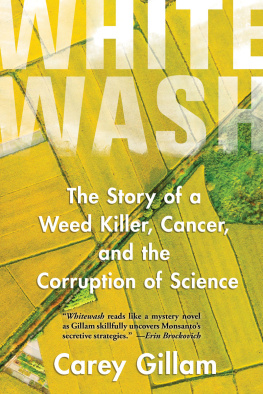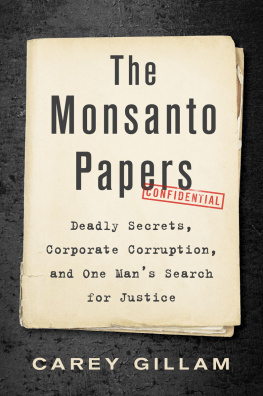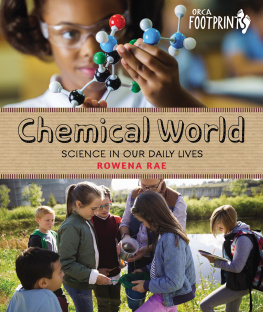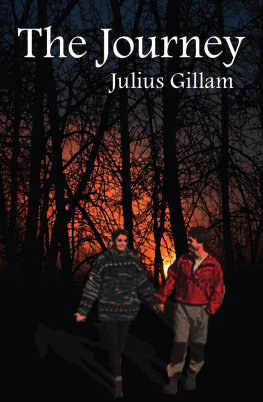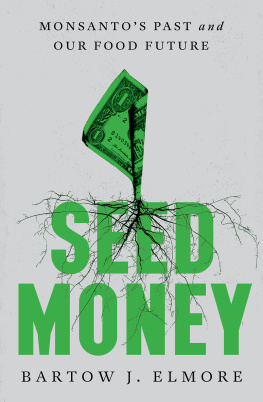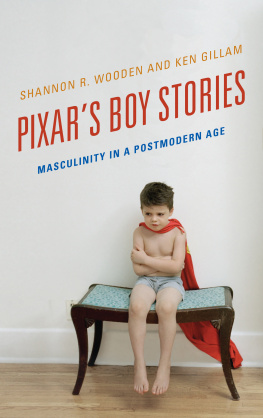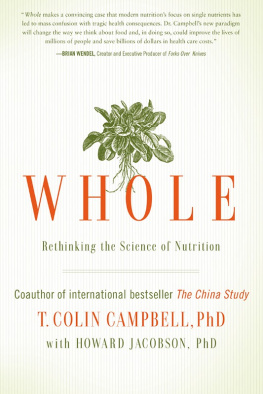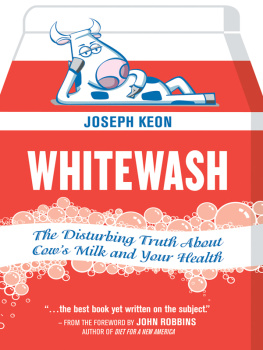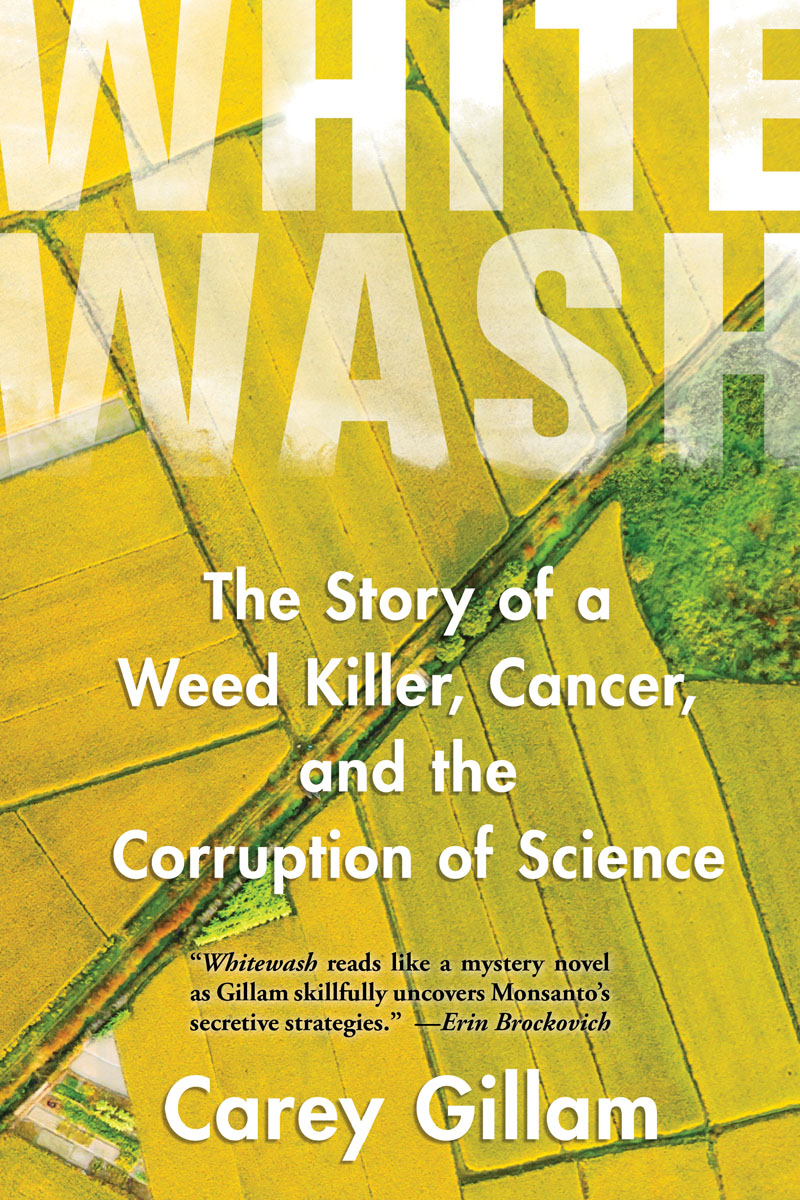
About Island Press
Since 1984, the nonprofit organization Island Press has been stimulating, shaping, and communicating ideas that are essential for solving environmental problems worldwide. With more than 800 titles in print and some 40 new releases each year, we are the nations leading publisher on environmental issues. We identify innovative thinkers and emerging trends in the environmental field. We work with world-renowned experts and authors to develop cross-disciplinary solutions to environmental challenges.
Island Press designs and executes educational campaigns in conjunction with our authors to communicate their critical messages in print, in person, and online using the latest technologies, innovative programs, and the media. Our goal is to reach targeted audiencesscientists, policymakers, environmental advocates, urban planners, the media, and concerned citizenswith information that can be used to create the framework for long-term ecological health and human well-being.
Island Press gratefully acknowledges major support of our work by The Agua Fund, The Andrew W. Mellon Foundation, Betsy & Jesse Fink Foundation, The Bobolink Foundation, The Curtis and Edith Munson Foundation, Forrest C. and Frances H. Lattner Foundation, G.O. Forward Fund of the Saint Paul Foundation, Gordon and Betty Moore Foundation, The Kresge Foundation, The Margaret A. Cargill Foundation, New Mexico Water Initiative, a project of Hanuman Foundation, The Overbrook Foundation, The S.D. Bechtel, Jr. Foundation, The Summit Charitable Foundation, Inc., V. Kann Rasmussen Foundation, The Wallace Alexander Gerbode Foundation, and other generous supporters.
The opinions expressed in this bookare those of the author(s) and do not necessarily reflect the views of our supporters.

Island Press mission is to provide the best ideas and information to those seeking to understand and protect the environment and create solutions to its complex problems. Join our newsletter to get the latest news on authors, events, and free book giveaways. Click here to join now!

Copyright 2017 Carey Gillam
All rights reserved under International and Pan-American Copyright Conventions. No part of this book may be reproduced in any form or by any means without permission in writing from the publisher: Island Press, 2000 M Street NW, Suite 650, Washington, DC 20036.
ISLAND PRESS is a trademark of the Center for Resource Economics.
Island Press would like to thank Deborah Wiley for generously supporting the publication of this book.
Many of the designations used by manufacturers and sellers to distinguish their products are claimed as trademarks. Where those designations appear in the book and Island Press was aware of a trademark claim, the designations have been printed in initial capital letters (e.g., Roundup).
Library of Congress Control Number: 2017940669
All Island Press books are printed on environmentally responsible materials.
Manufactured in the United States of America
10 9 8 7 6 5 4 3 2 1
Keywords: agrichemicals, Environmental Protection Agency (EPA), genetically modified organisms (GMOs), glyphosate, herbicide, Monsanto, non-Hodgkins lymphoma (NHL), pesticide resistance, Roundup, United States Department of Agriculture (USDA)
For the farmers who have given me their time, shared their wisdom, and helped me understand the obstacles they face as they work to feed us all.
Agriculture is our wisest pursuit, because it will in the end contribute most to real wealth, good morals and happiness.
Thomas Jefferson,
letter to George Washington, 1787
Contents
Preface
Its been nearly twenty years since I first walked into the corporate headquarters of Monsanto Company, a visit that would become one of many over the course of my career as a national correspondent for Reuters, one of the oldest and largest news agencies in the world. Meeting with top executives, scientists, and marketing experts at Monsanto, perhaps the worlds best-known agricultural powerhouse, was part of a job that called on me to help keep international audiences informed about the ins and outs and evolutions of agriculture in the United States. The types of seeds farmers plant in their fields and the chemicals they use to treat their crops are big business, amounting to billions of dollars in revenues for Monsanto and the other companies that sell them. But the fundamentals of growing food ultimately have much larger implications. Not only do farmers choices influence commodity pricing and trade relationships, but they also ultimately affect the health and well-being of all of us. The food we eat, the water we drink, the landscape of our environment, all are connected to these seemingly simple choices made by farmers in their fields.
Before my 1998 move to the farm state of Kansas to write about agriculture for Reuters, I spent a good deal of my journalism career delving into the financial wheeling and dealing of the big banking, commercial real estate, and insurance industries. I also spent a fair share of my time chasing chaosI covered the death and devastation wrought by Hurricane Katrina; floods, fires, and droughts; and the countless tornadoes that roared across rural America. And I was dispatched to duck bullets, bricks, and bottles in the race-torn riots of Ferguson, Missouri, and elsewhere.
When assigned to cover the ag beat, I was at first a bit reluctant. I was skeptical that it could bring the intrigue and excitement I had experienced with the prior work I had done. And I had a lot to learn. My education in food production and farming meant not just sitting down with executives at companies such as Monsanto and its rivals Dow Agro-Sciences and DuPont but also listening to, and studying the work of, agricultural economists, soil and plant scientists, experts on seed germplasm, andof coursefarmers. My favorite times as an ag journalist have been spent in blue jeans and mud boots, traipsing through higher-than-my-head cornstalks with farmers and riding inside the cabs of combines alongside the hardworking, often tough-talking men and women who understand better than anyone the risks and rewards of modern food production. I have immense respect and gratitude for these farmers who devote their lives to toiling in unforgiving fields, where the harvest bounty often depends on the whims of Mother Nature and the bulk of the profits go to deep pockets much higher up the food chain. And I stand a bit in awe of the scientists who spend their careers studying how to do more with less, how to grow enough food for an expanding world population in ways that could not even have been imagined a generation ago.
When I started down that reporting road, I was an eager student, nearly as impressed with the advanced technologies of modern agriculture as with the people who work the land. I was someone who had never given much thought to what went into the products I purchased at the grocery store. I didnt buy organically grown produce, as it seemed too expensive, and I didnt spend time fretting over invisible chemicals that might lurk in my lunch. The debate about the then-nascent technique of making transgenic changes to food crops was a mystery to me. And I was a devoted consumer fan of Monsantos hit herbicide product, Roundup, using it liberally in my suburban backyard to keep weeds at bay. Wide-eyed is the best way to describe my reaction to seeing Monsantos corn chipper in action and to those initial visits to biotechnology crop demonstration fields. I became a fan of the companys chief technology officer, an engagingly brilliant, bald-headed scientist named Robb Fraley, and I always enjoyed my many chats with the affable Brett Begemann, who grew up on a Missouri grain and livestock farm before rising through the ranks to eventually become Monsantos president.
Next page
